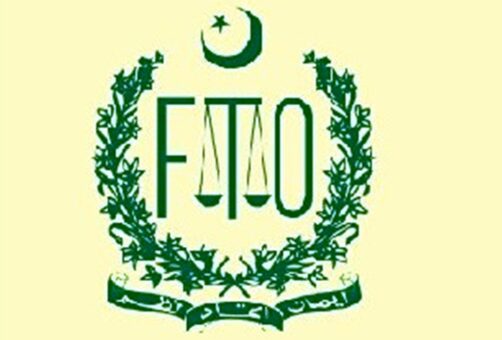KARACHI: Pakistan Stock Exchange (PSX) has recommended the tax authorities to reduce the withholding tax to 2.5 percent from 10 percent to develop the market and increase tax collection.
In its budget proposals for 2019/2020, the stock market said that the proposed reduction in the rate of tax on margin financing transactions would help develop market and increase tax collection by Federal Board of Revenue (FBR) because 10 years back the size of similar market for margin transactions was several time higher.
The PSX said that margin financing facility is made available to all members against net ready market purchases of their clients and proprietary positions.
The National Clearing Company of Pakistan Limited (NCCPL) provides a system to margin financing participants for recording and settlement of margin financing transactions, with financing terms and conditions pre-determined by the margin financee and margin financier.
Margin financing facility is made available only in eligible securities notified by the Securities and Exchange Commission of Pakistan (SECP).
The PSX said that the present tax rate on gross income of the financier is 10 percent without deduction of any expenditure to earn such income.
In most cases the funds are borrowed from financial institutions for such margin financing transactions, it added.
The cost involved in margin financing includes financing cost payable to financial institution, trading, clearing and depository charges and other administrative cost which render that the amount deducted as advance tax could not be fully adjusted against the tax liability of most brokers leading towards claims for tax refunds that are not time bound.
For the purpose of reducing withholding tax, the PSX proposed amendment to Division IIB of Part IV, First Schedule to Income Tax Ordinance, 2001 as: “The rate of deduction under section 233A shall be 2.5 percent of profit or mark-up or interest earned by the member, margin financier or securities lender.”






